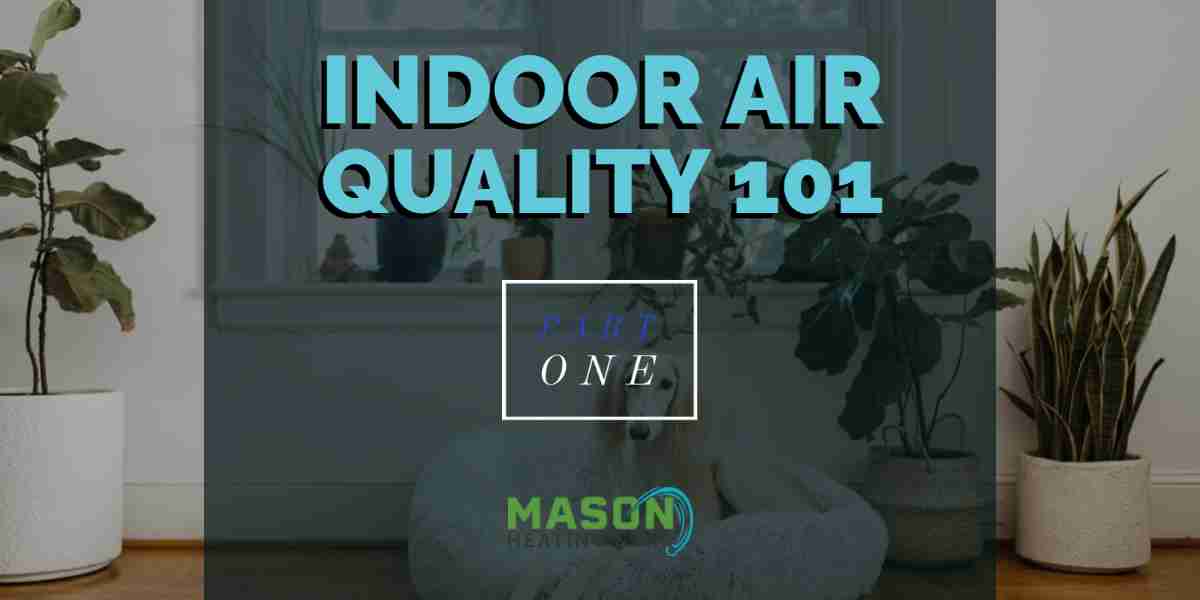Staying healthy in today’s modern, fast-paced world can be complicated. In the past, when people wanted to live a healthy lifestyle, they would simply eat healthy foods and try to get more exercise.
The world, however, is rapidly changing. Today, in addition to diet and exercise, people wanting to live healthy lifestyles need to think about the quality of the air they’re breathing, especially the air they breathe indoors.
In recent years, a growing body of scientific evidence has been pointing to the fact that the air within our homes and other buildings can be far more polluted than the air outdoors. This is true even in the biggest cities here in the U.S., where you’d think of the air as being more polluted outside than inside.
The Air Inside Our Homes Is Often More Polluted Than the Air Outside
Because people spend an estimated 90 percent of their time indoors, it makes indoor air pollution a greater risk to their health than outdoor air pollution.
The quality of the air we breathe has a significant impact on our health, well being, energy levels, brain function, and mood, especially when it comes to the air indoors. According to the Environmental Protection Agency, the air we breathe in our homes and workplaces can be anywhere from two to five times more toxic and polluted than the air outside. In fact, in the most severe cases, it can be up to 100 times worse.
When we think of the smoke and smog outside, it can make this hard to believe. However, when you consider how tightly insulated modern homes are made to keep energy costs down and heated or cooled air inside, it starts making sense; the air has nowhere to go. Outside, in the vast open spaces nature has a variety of ways of cleaning the air, the breeze and trees being only two. In the confined spaces of a building, however, unless adequate amounts of outdoor air is being pulled in to circulate, indoor air pollution becomes a serious problem.
Health Effects of Indoor Air Pollution
The short-term health effects may surface shortly after a single exposure or repeated exposures to a pollutant. These symptoms include irritation of the throat, eyes, nose, headaches, dizziness, and fatigue.
The long-term effects include respiratory illness, heart disease, and cancer; they can be severely debilitating or in extreme cases, experts say, even fatal.
Because indoor air is a more significant health hazard than the corresponding outdoor setting, we at Mason Heating & Air recommend homeowners take measures to ensure their health and their loved ones’ health.
Some of these measures might include using additional ventilation, investing in better air filtration, and identifying and controlling sources of indoor air pollution.
LET US HELP YOU IMPROVE YOUR INDOOR AIR QUALITY
We at Mason Heating & Air care not only about your home comfort levels, but also about the health of you and your loved ones. Because indoor air quality has a major impact on your health and well being, we hope you find this information helpful. If you are interested in any of the products and services we offer, click here to see part 3, or if you’d like to know more, give us a call at 513-496-2477, or Click Here to schedule an appointment now.
Indoor Air Quality 101: Part 2







